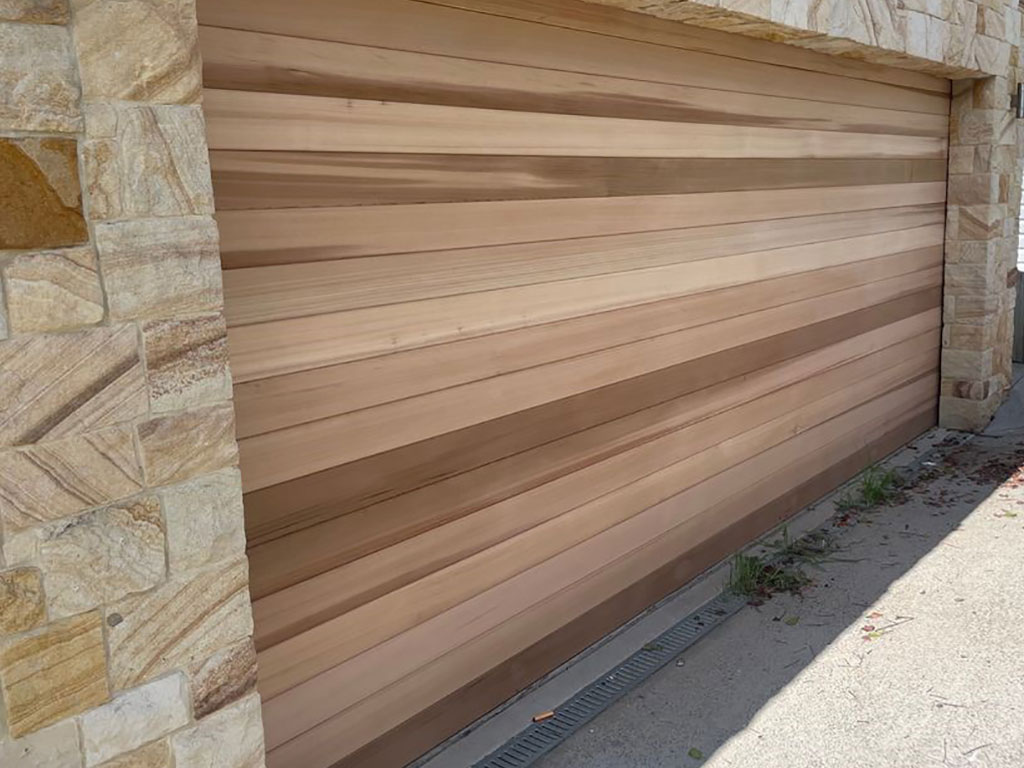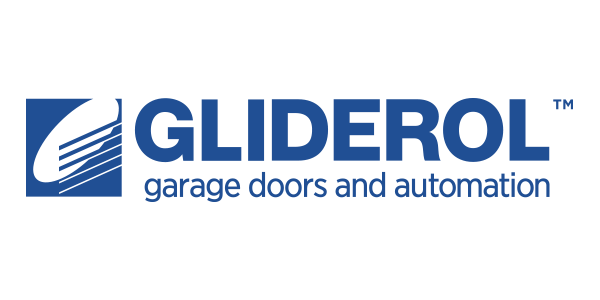Choosing the right material for your garage door is crucial for balancing aesthetics, durability, and cost. This guide will explore the pros and cons of different garage door materials to help you make an informed decision.
Wood Garage Doors:
- Pros:
- Aesthetic Appeal: Wood doors offer a classic, timeless look that enhances curb appeal.
- Customization: Wood doors can be custom-made to fit any design or architectural style.
- Insulation: Wood naturally provides better insulation than some other materials.
- Cons:
- Maintenance: Wood doors require regular maintenance, including painting or staining, to prevent rot and warping.
- Cost: Custom wood doors can be expensive compared to other materials.
- Weight: Wood doors are heavier, which may require more powerful openers and can cause more wear on parts.
Steel Garage Doors:
- Pros:
- Durability: Steel doors are strong, resistant to impact, and can withstand harsh weather conditions.
- Low Maintenance: Steel doors require less maintenance compared to wood.
- Affordability: Steel is generally more affordable, making it a popular choice for many homeowners.
- Cons:
- Rusting: Without proper coating, steel doors can rust, especially in coastal areas.
- Dents: Steel doors can dent more easily than other materials.
- Insulation: Steel doors require additional insulation to improve energy efficiency.
Aluminum Garage Doors:
- Pros:
- Lightweight: Aluminum doors are lighter, putting less strain on the opener and other hardware.
- Resistant to Rust: Aluminum doesn’t rust, making it ideal for humid or coastal environments.
- Modern Appearance: Aluminum doors often feature contemporary designs with glass panels.
- Cons:
- Less Durable: Aluminum is more prone to dents and damage than steel.
- Insulation: Aluminum doors typically have lower insulation value unless insulated panels are used.
- Cost: High-quality aluminum doors can be more expensive than steel.
Composite Garage Doors:
- Pros:
- Versatility: Composite doors can mimic the appearance of wood while being more durable and resistant to weathering.
- Low Maintenance: These doors require less maintenance than wood and won’t warp, crack, or rot.
- Energy Efficiency: Composite doors often come with built-in insulation, improving energy efficiency.
- Cons:
- Cost: Composite doors can be more expensive than standard steel or aluminum options.
- Weight: Similar to wood, composite doors can be heavier, requiring robust hardware.
Each garage door material offers unique benefits and drawbacks. Consider your budget, climate, and maintenance preferences when choosing the material that best suits your needs.
Check out all here for your Home and Business! Request a quote from the specialists at PT Doors today!

















Leave A Comment